Whether you’re on a transitioning journey from relaxed to natural hair, you’re about to big chop or you’re already naturally curly you probably heard how conventional shampoo is bad for curly hair. If not, you’re definitely aware of all the sulphate free shampoos out there and how these are so much better for natural hair since they don’t have all the synthetic sulphates that make our hair dry.
But, are these sulphate free shampoos really better? What about the No Poo movement advocating the use of no shampoo? With so much debate on which avenue to follow it could get difficult to get a clear picture of the important information. So let me try and do just that.
Origins
I don’t know about you, but for me to be able to give an opinion or make an important decision I need to know the facts and I need to start in the beginning. Hence, a little background history.
The word shampoo derives from Hindi (one of Indias’s official languages) meaning to press, soothe. The habit of hair cleansing is one that is historically present in some societies where shampoos were naturally derived. At the time of colonial India, for instance, a mixture of herbs and soapberries/soapnuts were used to wash the hair. This fruit has a pulp that is a natural surfactant and leaves the hair soft, shiny and manageable.
At the turn of the 20th-century shampoos were commercially available, but they were still made with natural surfactants, it was only later (in the 1930’s) that shampoos with synthetic ingredients were introduced in the market.
What Is Shampoo?
Basically, shampoos are detergents and they are no different from the ones used to wash laundry or our hands. However, they serve different types of hair/scalp conditions. The main purpose of a shampoo is to clean hair and scalp that is dirty from the atmosphere and sebum (natural hair oil) freeing us of the dirty feel and unattractive appearance. A shampoo is mainly made of surfactants combined with water along with other ingredients such as preservatives, fragrances or ph stabilisers. Here is a table containing some of the normal ingredients found in shampoo (click on the image for better view). (Read more about surfactants and why you need not just mild ones)
As you can see from the list above, some ingredients raise concerns not only because of how they affect our hair but also because they impact on our health. Although, entities such as the Environmental Working Group (EWG – a cosmetics database) indicate that some ingredients cause low health concerns people are more aware of the surrounding controversy and are searching for alternative approaches.
Low Poo and No Poo Approaches
The Low Poo approach as an alternative to the conventional shampoo is one which avoids the use of harmful SLS or ALS. Those following this method will find shampoo commercially advertised as sulphate free or sulphate and paraben free (carcinogenic concerns) such as L’Oreal’s Evercream line or Devacurl Low Poo. These formulations use mild cleansers such as SLES that don’t completely strip the hair and scalp of sebum. However, there are concerns that SLES may also be a toxic chemical despite scientific claims to the contrary.
The No Poo movement is one which calls attention to the chemical, environmental and economic impact of using shampoo. This approach claims that the use of products with chemical ingredients are harmful to our health causing allergies and possibly cancer. Additionally, these chemicals pollute our planet’s water and cause plastic pollution. Thus, why the need to spend money on such questionable item, they ask?
Many, adhering to the No Poo convictions will use baking soda to wash the hair. However, the alkaline effect of the baking soda makes hair dry and brittle and an Apple Cider Vinegar mixture is used to detangle your tresses, seal cuticles and balance ph. (here are some no-poo alternatives)
Others, simply use conditioner to wash their hair. This is commonly referred to as Co-washing which doesn’t dry out the hair, but does is also not the best option in my opinion (know why here). There are now several brands commercialising cleansing conditioners for this purpose such as “As I Am“, “JessiCurl” or Devacurl No Poo which don’t strip hair of sebum and actually moisturise it.
Nevertheless, be aware! Whatever method you follow if you use styling products that contain silicones, mineral oil or other ingredients that coat the hair strand you will eventually need to use a clarifying shampoo to remove build up. This should not be used regularly, as it is very harsh on the hair.
So, What Is The Best Option Then?
I think we can all agree that hair gets dirty, greasy and smelly and is visually unpleasant under these conditions. Hair needs to be properly washed by whatever means, be they chemical/natural or conventional/unconventional. If this practice were to cease, a dirty scalp could invite bacteria, fungus and cause serious problems.
Another issue we face today is the number of times we use shampoo. When shampoo was introduced in the market it was probably used once or twice a month. Nowadays, many people use shampoo every day or every other day. Which directs us to another important issue.
The more we wash our hair the more we deplete it of its natural oil (sebum) which makes it dry. As a reaction, the hair’s sebaceous glands produce more sebum to compensate and so we wash it more. Is this what we call a vicious cycle, or what?! 😉
This might not be such a bad thing for us curly girls you may think, given that we need all the sebum we can get. However, with the curliness of our hair sebum can’t travel all the way down to the ends and stays close to our scalp, clogging the pores, giving you itchiness or that flaky/dandruff look. So, you shampoo your hair with harsh shampoos to get rid of it. The result is dry and brittle hair. Perhaps, a lower rate of use and a gentler shampoo would reduce the amount of sebum produced and consequently, the need to shampoo so frequently.
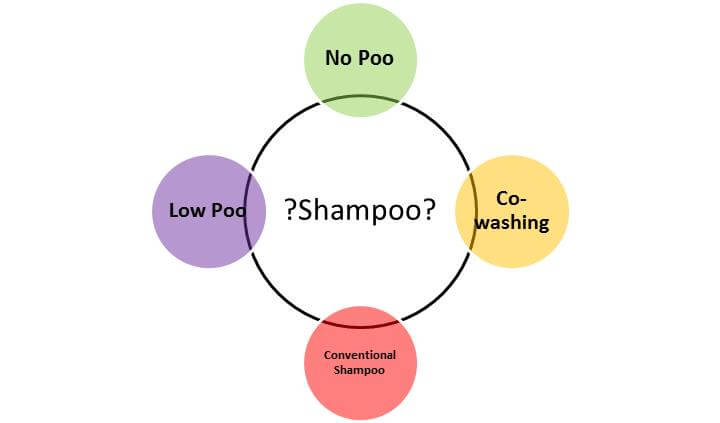
I believe that people should make a choice based on the information there is available. We should decide what is best for us, our hair type and our lifestyle. Given what we know now, the use of harsh chemicals has harmful effects on naturally curly hair and weakened transitioning hair. It depletes the hair of its protective layer (sebum) making it dry, frizzy, unmanageable and prone to breakage.
Whether you decide to continue using the conventional shampoo, go for the Low Poo or No Poo approach or even adopt the Cleansing Conditioning method you now know all the “buzz” out there. So make your decision! Read through all the links in this post and get a clear picture of everything. Me!?… I like using a sulphate free shampoo and the use of a clarifying shampoo. 😉
Do you use regular shampoo or not? Why? What are your thoughts on this issue?
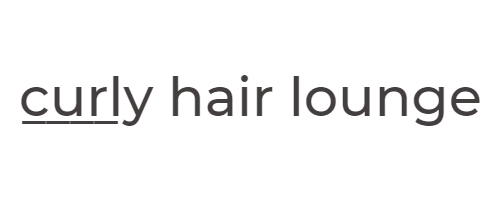

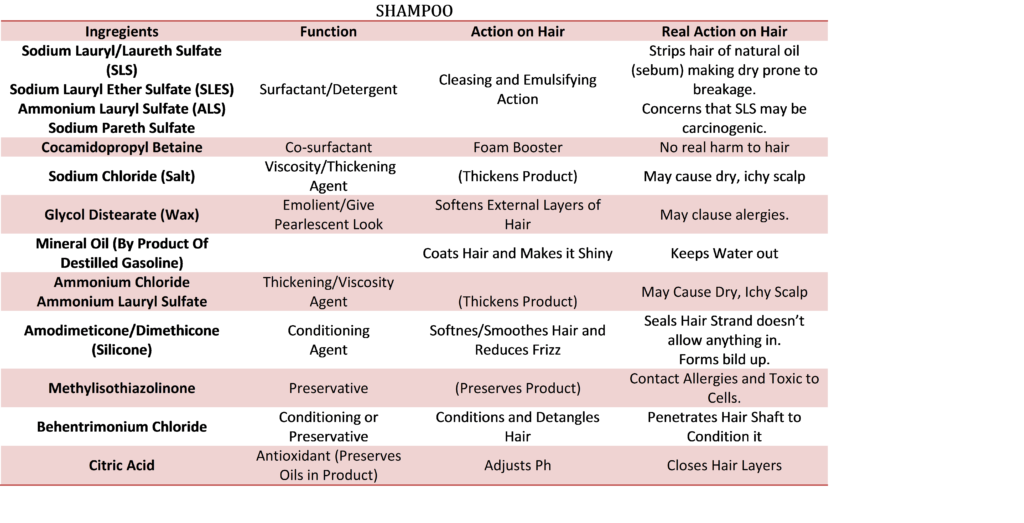
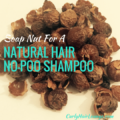
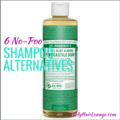
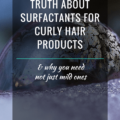
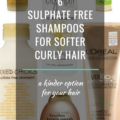
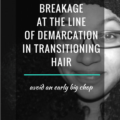
2 thoughts on “Is Shampoo on Curly Hair A Good Practice?”
Hi Ana, great info on your blog! I have wavy hair, and heard about this topic maybe 7-8 years ago. Since then I only co-wash it – pretty much any conditioner will do that I find. It cleans the hair well.
Very, very rarely, for example when traveling and I ran out of conditioner, I would use shampoo, but the difference is huge: my hair will become immediately much dryer, shapeless, extra frizzy. Already when I rinse it, it feels squeaky, coarse.
Hi Andrea, I stopped using regular shampoo a long time ago too. I do use a very mild, free sulfate shampoo as I do exercise a lot and feel a simple conditioner wont clean it well. I too feel the difference if I use have to use a regular shampoo. My kids don’t use it anymore as well.